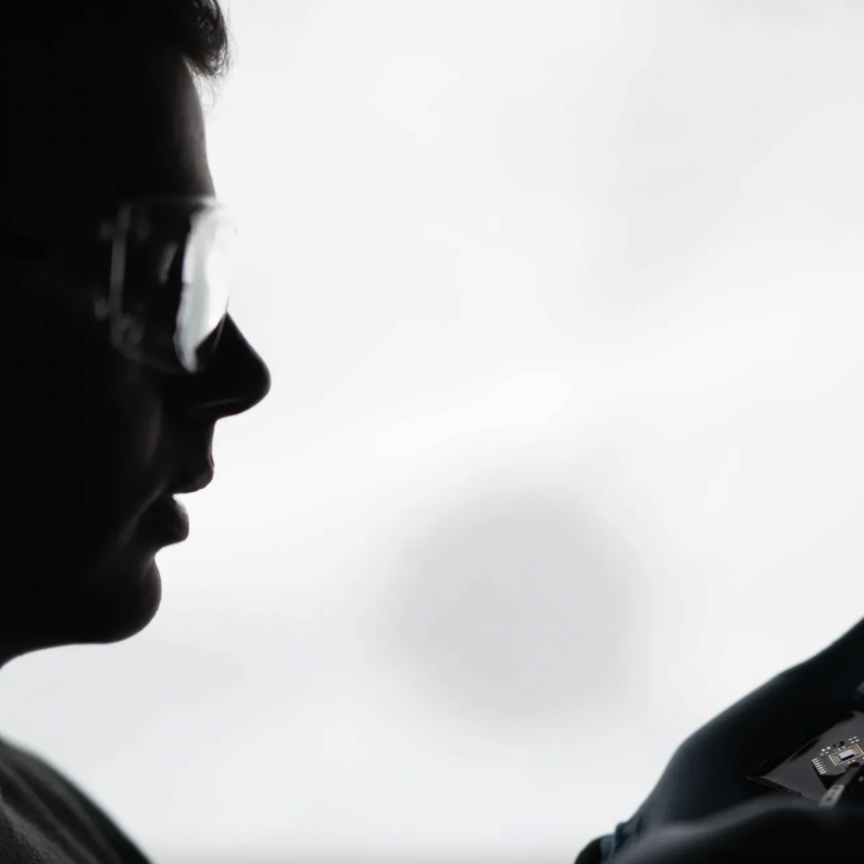Philips Photonics has shipped one billion VCSELs, the company has announced.
The cumulative milestone comes after two years of significant growth in demand for vertical cavity surface emitting lasers (VCSELs), driven by trends such as the introduction of proximity sensing and 3D face recognition in smartphones. Apple’s iPhone X has a VCSEL built in for face ID.
Philips doubled its production capacity for VCSELs at its Ulm, Germany facility in 2017, and then doubled the capacity again in 2018. The company now plans to double this a third time within the next 18 months.
Research firm Markets and Markets estimates the VCSEL market to be worth $3.1 billion by 2022.
In July 2018, Finisar opened a manufacturing facility in Sherman, Texas to increase production capacity of VCSELs – at that point it had produced 300 million of the laser dies. Earlier this month Finisar was sold to II-VI in a deal valued at $3.2 billion, in part for Finisar’s VCSEL technology.
The LED manufacturer Osram has also announced it will now be manufacturing VCSELs after acquiring Vixar in May 2018.
Philips Photonics has been the lead partner of the European VIDaP project – VCSEL pilot line for illumination, datacom and power applications – which has helped standardise the design, manufacture and testing of VCSEL technology.
Philips’ role in the project has enabled the business to grow beyond traditional VCSEL use cases, such as optical data transmission and thermal industrial processes, to applications like consumer face recognition and lidar for autonomous vehicles.
‘Reaching the milestone of one billion VCSELs is a testament to the strong demand we see in the market today and in the coming years,’ said Joseph Pankert, general manager, Philips Photonics. ‘We are seeing very strong levels of interest from the consumer electronics sector, and we expect this to continue in the coming years as more manufacturers adopt facial recognition technology in their new smartphone models.’
Related article:
VCSELs in every home, every mobile device and every car – Despite having already been around for more than 40 years, VCSELs are still in the beginning of their life cycle. However, the technology is set to reach its full potential in the new future, writes Dr Joseph Pankert, general manager at Philips Photonics


